diet
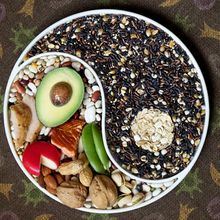
A Keto Diet Could Enhance Cancer Drug Effectiveness
Paige Nicklas | Nov 29, 2024 | 4 min read
In mice, a ketogenic diet remodeled the translatome of pancreatic cancer cells, rendering them vulnerable to targeted therapy.
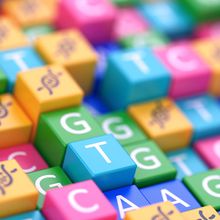
An Overlooked Nucleotide Recycling Pathway Fuels Tumor Growth
Alejandra Manjarrez, PhD | Sep 23, 2024 | 4 min read
When it comes to supplying their purine needs, cancer cells may use salvaged metabolites, according to a study in mice.
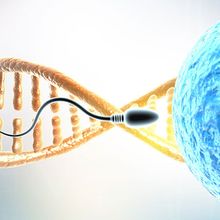
How Sperm Regulate Offspring Health
Deanna MacNeil, PhD | Aug 9, 2024 | 3 min read
A short term high fat diet before fertilization rewires sperm small RNA expression, passing predisposition to metabolic disease onto offspring.
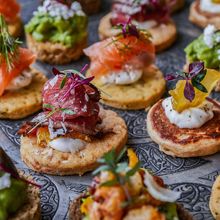
Why Do Travelers Get Upset Stomachs?
Shelby Bradford, PhD | Feb 1, 2024 | 2 min read
Diet influences the microbiome. When new foods enter the mix, it gets complicated.

Fatty Feasts May Come at an Immune Cost
Shelby Bradford, PhD | Jan 25, 2024 | 4 min read
Dietary changes rapidly alter T cell metabolism, but the effects can be reversed.
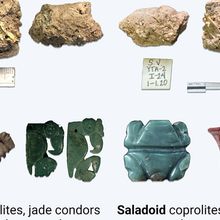
Clues in the Coprolites
Hannah Thomasy, PhD | Jan 9, 2024 | 4 min read
Fossilized feces help scientists understand the lives of Puerto Rico’s earliest inhabitants.
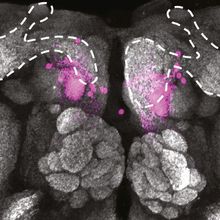
A Protein-Rich Diet Helps Mice and Flies Sleep More Soundly: Study
Alejandra Manjarrez, PhD | Mar 24, 2023 | 3 min read
The effect appears to be mediated by a gut-secreted peptide that signals to neurons in the brain that modulate the response to mechanical vibrations.
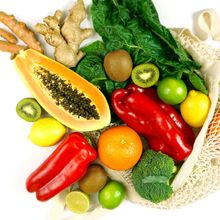
Beyond Individual Nutrients: Complex Diet and Cancer Connections
Deanna MacNeil, PhD | Dec 6, 2022 | 4 min read
Scientists develop cancer nutrition guidelines based on research examining how dietary patterns affect cancer risk and prevention.
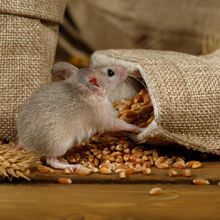
Mice Fed a Highly Processed Diet Are More Susceptible to the Flu
Alejandra Manjarrez, PhD | Nov 18, 2022 | 3 min read
It’s not clear why grain-fed mice are better able to recover after infection, but a study’s findings suggest food type may skew the results of animal studies.
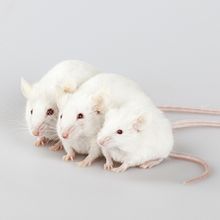
High-Fat Diet in Mice Affects Social Behavior Across Generations
Sophie Fessl, PhD | Oct 27, 2022 | 4 min read
Pups born to mice whose mothers had been fed a high-fat diet showed social deficits, a study shows.

5-Star Rating System Ranks the Validity of Health Advice
Katherine Irving | Oct 10, 2022 | 2 min read
The proposed tool aims to inject clarity into the often-murky science of health risk factors, but some experts are skeptical that it’ll succeed.
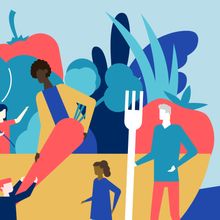
Opinion: Eating Right to Avoid Catastrophe
Giulia Wegner and Kris A. Murray | Oct 3, 2022 | 5 min read
The key to averting cataclysmic events, such as pandemics, climate change, and mass extinction of species, lies partly in what’s on our plates.

Human Gut Bacteria Show Up in Urban Wildlife
Bianca Nogrady | Sep 12, 2022 | 2 min read
The gut microbiomes of city-dwelling animals, including coyotes, lizards, and birds, show similarities to those found in humans who also live in urban environments.

Artificial Sweeteners Alter Gut Bacteria in Humans
Shafaq Zia | Aug 19, 2022 | 4 min read
When consumed for as little as two weeks, common alternatives to sugar affect intestinal bacterial communities, with some reducing the body’s ability to regulate blood glucose levels, a study finds.
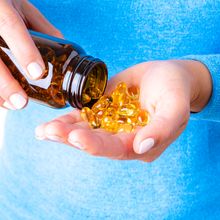
Vitamin D Pills Don’t Prevent Bone Fractures, Osteoporosis: Study
Dan Robitzski | Jul 28, 2022 | 2 min read
A large trial adds to a growing list of conditions once thought to be helped by vitamin D supplementation.
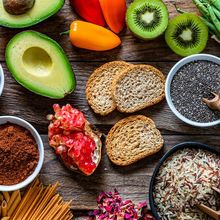
Book Excerpt from Anxious Eaters: Why We Fall for Fad Diets
Janet Chrzan and Kima Cargill | Jul 25, 2022 | 5 min read
In Chapter 1, “Why We Love Fad Diets,” authors Janet Chrzan and Kima Cargill explain the American propensity to take shortcuts to weight loss.
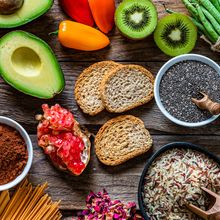
Opinion: Why We Fall for Fad Diets
Janet Chrzan | Jul 18, 2022 | 5 min read
Human beings are susceptible to the latest nutritional trends, regardless of their actual biological value.

Sun Exposure Triggers Hunger in Men but Not Women, Study Suggests
Shafaq Zia | Jul 12, 2022 | 4 min read
Ultraviolet radiation leads to secretion of an appetite-boosting hormone in male mice, but experts say it’s not yet clear whether the mechanism applies to humans.
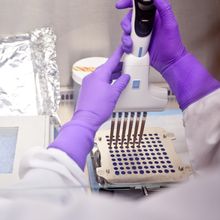
Banking Previous Poos: Could a Transplant of Feces from Your Past Heal You?
Dan Robitzski | Jun 30, 2022 | 9 min read
The Scientist spoke with Brigham and Women’s Hospital and Harvard Medical School researchers Scott Weiss and Yang-Yu Liu, who propose that people bank stool samples when they’re young and healthy so that they can be transplanted to rejuvenate the gut microbiome later on.
